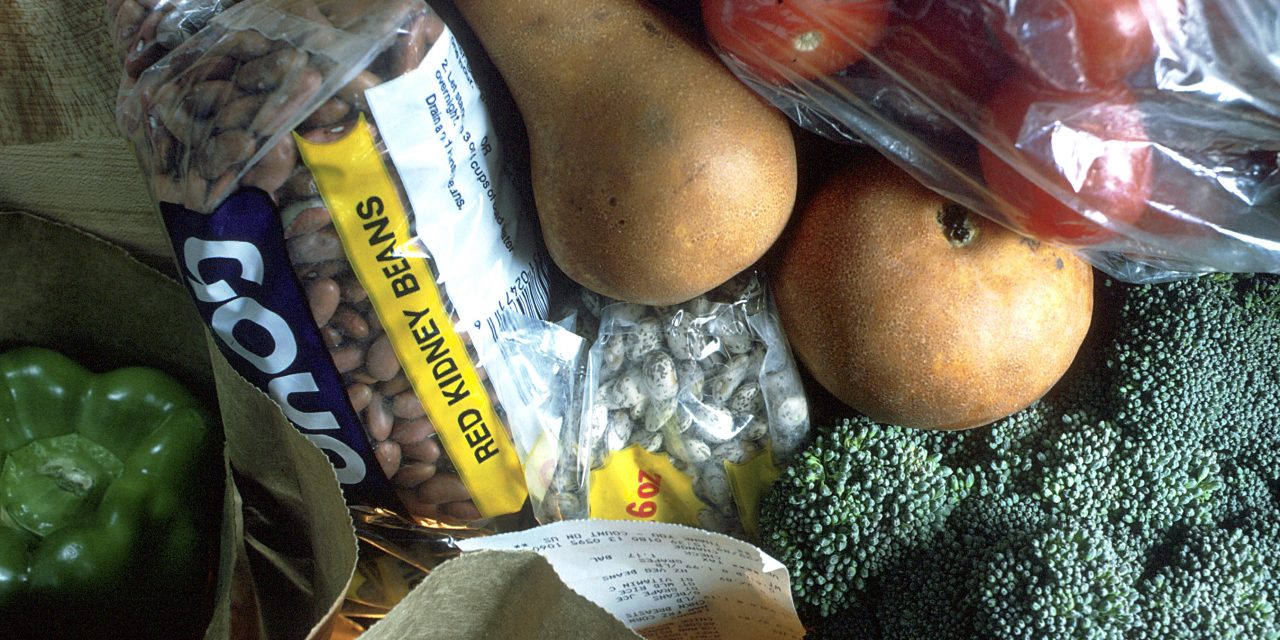Submitted by Thunder Bay Area Food Strategy Staff
As Canada’s inflation rate rises to a new 30-year high of 4.8%, food prices will continue to rise across the country. Forecasts from Canada’s Food Price Report 2022 show an overall price increase of 5% to 7%. It is predicted that an average family of four will be paying almost $1000 more in 2022 for the same groceries they purchased in 2021. Supply chain disruptions and labour market challenges will persist in 2022. These shifts come on the heels of increasing fuel prices, labour shortages across the food chain resulting from the COVID-19 pandemic, and the impacts of climate change on production and harvesting. Families, especially those living on low incomes, will not be able to access the food they need to meet their dietary and cultural needs.
While these trends are worrisome, it is even more concerning that the underlying causes of food insecurity are not being addressed – that is, poverty and inequities. Major grocery chains revenues are up 10% yet we are left paying more at the till. The inequality in who has access to food is worsened by COVID-19. Food insecurity is especially troubling in Indigenous communities. The struggle for families to provide quality food is no longer just an issue for those in poverty but will hit middle income families as well. The food systems are rigged in favour of those who have control over the distribution to the detriment of families struggling with food insecurity. Inadequate income for Indigenous people, seniors on a fixed income, newcomers to Canada, and low-income households will feel the brunt of the impact. With such a sharp increase in inflation the effects will also be felt across the region.
The Thunder Bay Area Food Strategy is very concerned with the effect that the pace of inflation will have on the area citizens and the further divide it will create in our community. This is an urgent public health issue and governments at all levels need to address the underlying causes of poverty and inequity. Food banks and charity responses are insufficient. There is evidence that points to policy changes that could move the needle. Examples include increasing minimum wage to a livable wage (including guaranteeing sick pay for all workers), increasing social services and instituting a guaranteed annual income, ensuring the availability of affordable housing, addressing the climate crisis, and follow through on the commitment to support self-determination of northern and Indigenous communities.
Thunder Bay Area Food Strategy calls on the municipal, provincial, and federal governments to act now. “Municipal leaders and decision makers need to be made aware of this disruption in food security and brace for the changes to come. Food security touches on many aspects in our Thunder Bay area communities, and community groups need to be made aware of this alarming trend in order to prepare their budgets and programming,” says Shelby Ch’ng, co-chair of Thunder Bay Area Food Strategy.















